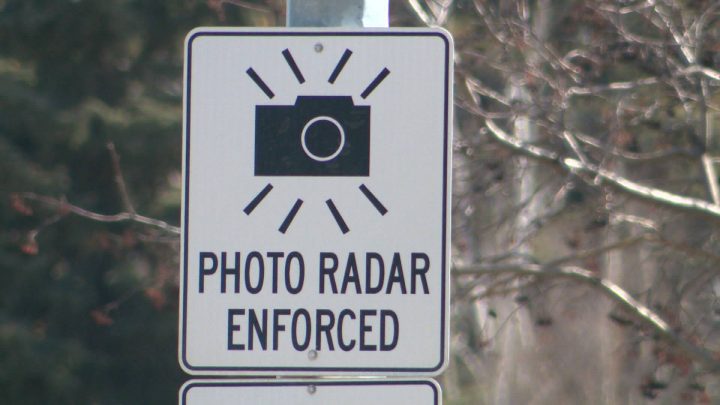Is there really a “war on cars” or is it simply rhetoric from those who put too much value on the 32 seconds they will save by going 50 kilometres per hour for two blocks in a residential area versus going 30 or 40 km/h?

I realize my math might be a bit off — as was pointed out on Twitter after I posted that exact question earlier in the week — but the sentiment remains. A few people sure are wound up over the idea of reducing speed limits in residential areas of Calgary.
As city council has agreed to task administration with studying the possibilities over the next few months, the comments have been coming in fast and furious as the belief from some is that vehicles are under siege.
Some have simply called it an attack on cars, while others have gone so far as to say that “‘lefties’ will stop at nothing until suburbanites have to trade in their family van keys for bus passes.”
If that’s not fear-mongering, I don’t know what is.
Now I do believe the vast majority of those opposing the speed limit change aren’t that extreme. But I do believe the notion that there is a “war on cars” is absolutely absurd.
Think about it for a second. If there was a war on cars, don’t you think that the city would be trying to shut down wide swaths of roadways to make all of them pedestrian- or bicycle-only?
If there was a war on cars, don’t you think they would put up toll booths for any of us bedroom community residents — such as myself — who have to drive into work every day? Or, even worse, force us to park at a C-train station to ride in every single day, no matter where we’re going?
If there was a war on cars, wouldn’t we see the city put an absolute moratorium on urban sprawl and force all development inwards and maybe even penalize those living in the suburbs?
I’m also not buying the idea that this is only to generate more revenue. I’ll save the whole “If you don’t speed, you won’t get a ticket” argument for another time.
It’s not like the city has an abundance of photo radar units waiting to be deployed to these new spots in neighbourhoods. Will those units get deployed to other areas like residential zones? Absolutely. But they will have to mix those in with the usual high-priority spots like school and construction zones as well.
As someone who lives in a community with 30 km/h residential zones — Airdrie — I can say enforcement will be an issue. I live on a fairly busy road and can honestly say the majority of people driving by aren’t doing the speed limit. But they’re definitely not doing 70 km/h either. Most are doing 50 km/h.
I think that’s the main hope here.
It’s not about making everyone grind to a pace where it would almost make more sense to rip a hole in your floorboards and run in your car like The Flintstones to save on gasoline.
Most people in 50 km/h zones are going faster than the posted limit as well. The average is likely in the 60-70 km/h range. So why not get it down to a 30 km/h zone with the hope most drivers will slow down to 40-50 km/h.
Proponents to the change say it’s about safety and I agree on that front. Going through residential areas where the speed limit is 30 km/h does feel safer. Not just as a driver, but also as a pedestrian and as a cyclist. It feels more like everyone is looking out for one another instead of focusing on getting from point A to point B, no matter the mode of transportation
I would add this is also about providing options.
We live in a world where we’re almost constantly talking about obesity and laziness. We also live in a world where parents are afraid to let their kids walk the three blocks to school so they would rather drive them to school. But shouldn’t we be promoting the idea of getting out of the car, even if it is only for a few months at a time?
I mean, fewer cars on the road means less congestion so a smoother ride home plus a few more empty parking stalls means parking rates could potentially go down — basic supply and demand.
When I was a reporter, I used to have a great chats with a well-known Calgary Police Service traffic unit officer about Calgarians’ driving habits.
“I don’t know what it is, Joe,” he used to say.
“It’s like they’re in a rush to get from one place to another even if it only saves them five minutes.”
Then he would say something that always comes back to me whenever I’m feeling a little road rage.
“Why can’t they just roll down the windows, turn up the tunes, sing along with the tunes and just enjoy life for a little bit longer?”






Comments